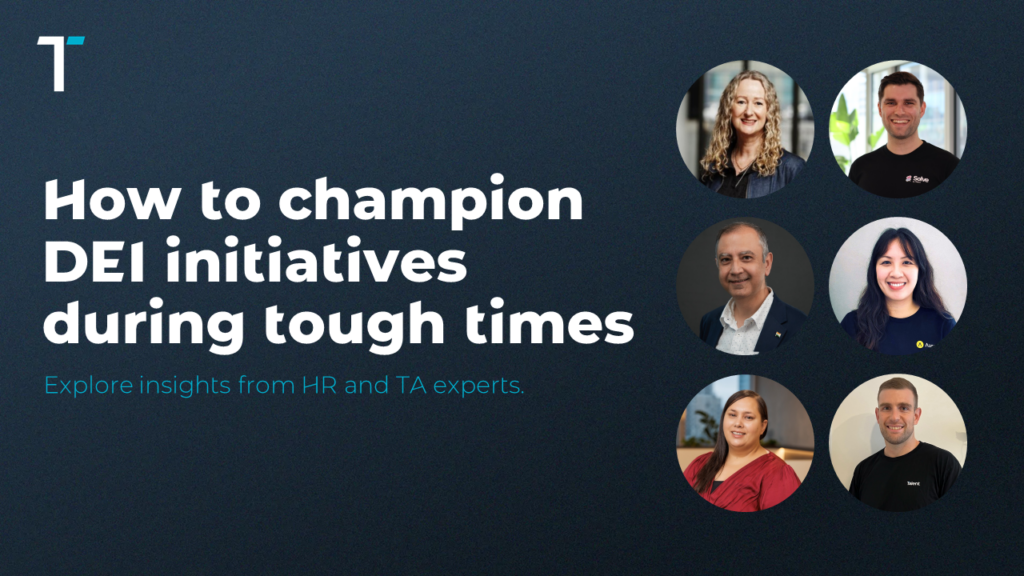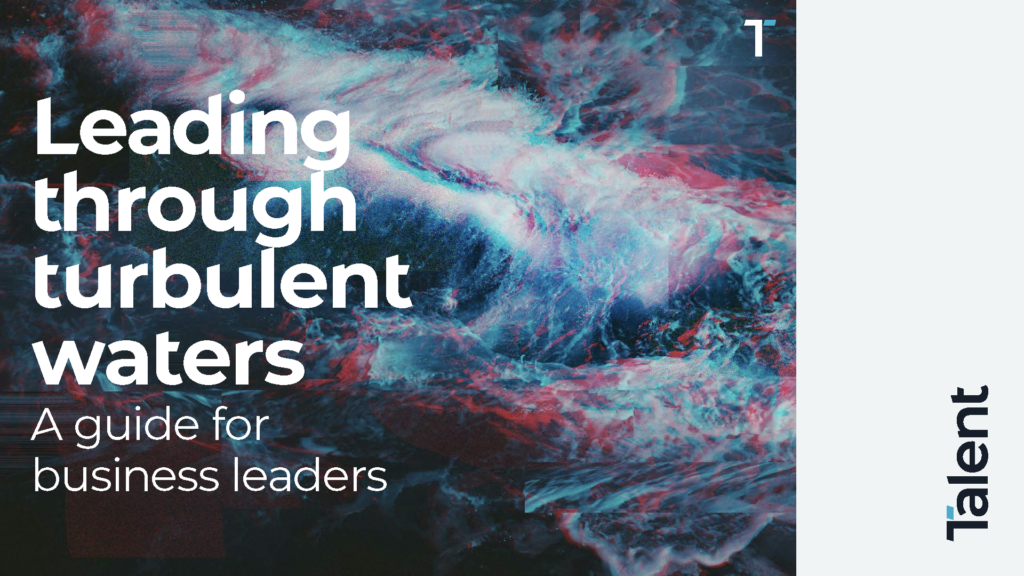
Hiring or job hunting in South Australia? Here’s what you need to know in today’s market
Hiring or job hunting in South Australia? Here’s what you need to know in today’s market

If you’ve been applying for jobs and hearing nothing back, you’re not alone. And if you’re a hiring manager wondering why great candidates are vanishing mid-process? It’s the same story.
SEEK’s latest Employment Trends Quarterly Snapshot (July 2025) confirms what many in South Australia are already feeling: competition is heating up. Application volumes are up, hiring delays are costing good candidates, and businesses that move fast are winning.
“Public sector jobs are seeing the highest number of applicants per job ad,” says Vimal Venugopal, Senior Consultant in Technology & Project Services Recruitment from our Talent office in Adelaide. “According to SEEK, that index now sits at 220, and Professional Services roles are close behind at 187. That’s a huge amount of competition.”
And it’s not just the data, it’s what’s happening on the ground.
“The SEEK data is completely in line with what we’re observing in the Adelaide market,” Vimal adds. “For example, we listed a Data Migration Analyst role and an ICT Support Analyst role and received 299 and 342 applications respectively.”
Here’s what this means for both sides of the hiring equation and how to stay ahead.
Employers: Why hiring in South Australia is slower and riskier than you think
With more people applying per role, it might look like there’s no shortage of options but volume doesn’t always equal quality. Many hiring managers are finding that while applications have spiked, top candidates are accepting other offers well before interviews are locked in.
“The biggest risk right now is hesitation,” Vimal warns. “If you wait too long for the ‘perfect’ candidate, you’ll likely miss out on someone great who’s already in market and motivated.”
Here’s how smart employers are adapting:
- Shortlist fast, schedule faster. Cut delays wherever you can. A recruitment partner can help by doing the initial shortlisting and managing the candidate experience end-to-end.
- Communicate early and often. “Even a short message helps,” Vimal says. Candidates notice when they’re left in the dark.
- Reframe your ideal candidate. Capability, availability and drive should take priority over ticking every box.
- Think long-term. A strong, respectful candidate experience builds your brand and keeps your talent pool warm for future roles.
Job seekers: How to stand out while job hunting in South Australia
High application volumes mean job seekers need to be sharper than ever. If you’re applying for roles in SA, assume you’re one of hundreds. The key? Speed, tailoring, and follow-through.
Here’s Vimal’s advice:
- “Apply early. Don’t wait for the closing date as hiring decisions often happen before then.”
- Tailor everything. Your resume and cover letter need to speak directly to each job. A generic approach won’t cut through.
- Do your homework. Learn what you can about the company and team before applying and use that insight in your cover letter or follow-up.
- Keep moving. Stay in the loop through networking, skill-building, and following up on applications. The more proactive you are, the more control you have.
“Today’s job market moves fast,” Vimal adds. “Those who act quickly and smartly win. Let’s not lose good people or good opportunities because of delays.”
How employers and job seekers can win in a competitive job market
The takeaway for both employers and job seekers is: speed and communication are your best assets right now.
Good candidates are available and they’re watching how businesses manage their hiring process and how they treat prospects. Strong roles are being advertised and hiring managers are looking for those who show intent.
If you need help navigating South Australia’s job market, head to our jobs board or get in touch with our team today. Let’s move fast and make it count.









